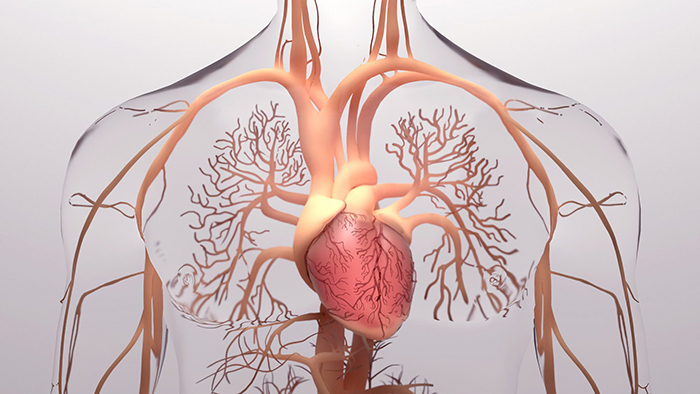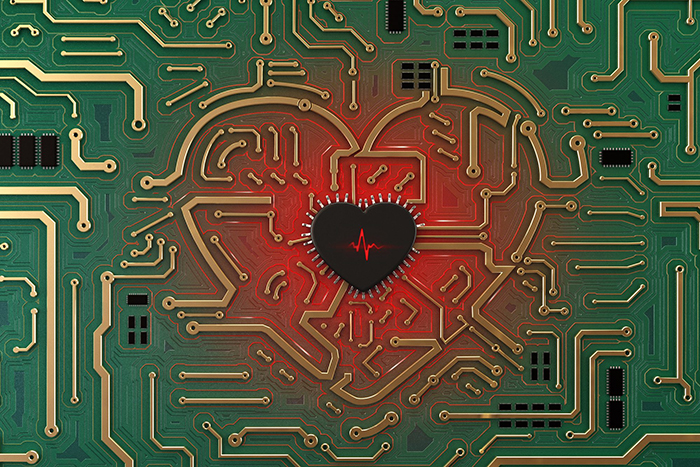A Key Part of Heart Care
“Emory Decatur Hospital has one of the highest rates of admission for acute myocardial infarction – heart attacks – in metro Atlanta,” Dr. Rab says. And a cardiac catheterization lab is a vital part of treating a heart attack – both for preventing further damage and improving survival and future quality of life.
The most common reason someone might visit the cath lab is acute coronary syndrome – which includes heart attacks, Dr. Rab explains. Many patients also visit for elective procedures. For example, if someone is experiencing chest pain, they might come to the cath lab so they can be evaluated for coronary disease.
Committed to Modern Care
Dr. Rab described several elements in Emory Decatur Hospital’s cath lab that set it apart and show a “commitment to modern care.”
Advanced imaging: The integrated advanced imaging system allows cardiologists to see what’s happening inside an artery in real time, better evaluate a blockage or plaque buildup, and optimize the results of angioplasty/stent procedure. Often, this means patients can go home earlier. Dr. Rab says about 90% of cases at Emory Decatur Hospital are performed using imaging, compared to a national standard of 15%. This is important, he says, because imaging can improve procedural outcomes.
New, more complex procedures: Catheterization procedures and angioplasty are now often performed through radial access, through your wrist instead of your groin, Dr. Rab says. This is more comfortable for patients, decreases the likelihood of complications, and allows patients to leave the same day.
He also says multiple advanced treatment technologies are now available because of the new lab, including advanced life support devices for shock and the latest coronary lithotripsy balloon, which breaks up calcium in severe blockages.
Efficiency and comfort: By building a new cath lab, Dr. Rab and the Emory team were able to design it for patient access and comfort. They were also able to keep patient and staff workflows in mind, and ensure the lab is located with rapid access to the Emergency Department for acute care. As a result, they have significantly reduced the recommended “door to balloon time,” a measurement that hospitals associate with the best outcomes for patients having a ST-elevation myocardial infarction (STEMI), the most severe form of heart attack.
A “Game-Changer”
“This is modern care,” Dr. Rab emphasizes. He’s proud of how the investment in Emory Decatur Hospital’s cath lab has improved care for patients – and how the team has responded, noticing they’re excited about using the new technology.
In 2021, Emory Decatur Hospital received a Mission Lifeline Gold award for STEMI and non-STEMI care from the American Heart Association. The same year, it also received recognition on the American College of Cardiology’s list of best hospitals in the Cath/PCI registry. “The cardiac cath lab at Emory Decatur Hospital has been a game-changer for advanced coronary intervention in a short time,” he says, “with a trajectory that keeps moving in the right direction.”





